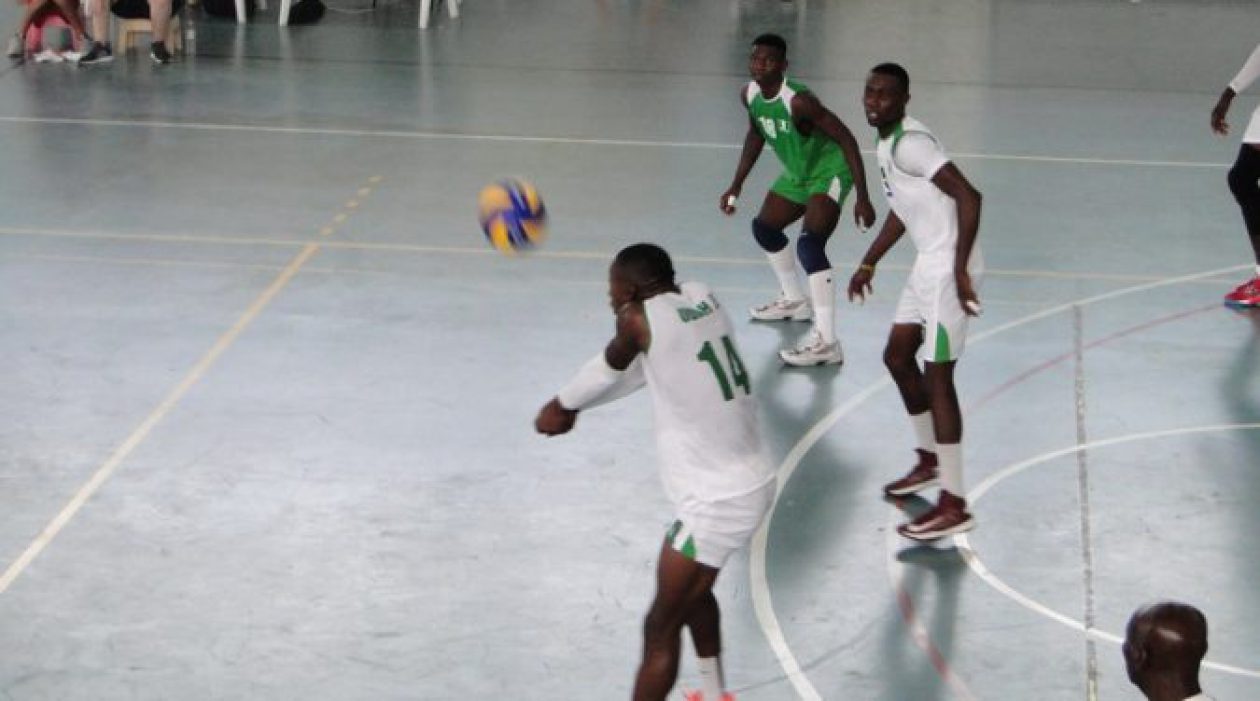World Athletics, together with the International Athletics Foundation (IAF), has today launched a US$500,000 fund to support professional athletes experiencing financial hardship due to the coronavirus pandemic.
World Athletics President Sebastian Coe, who also chairs the IAF, said the fund would be used to assist athletes who have lost most of their income in the last few months due to the suspension of international competition while the world combats the global health emergency.

IAAF President Sebastian Coe
Established in 1986 to support charitable causes involving athletics, the International Athletics Foundation, under the Honorary Presidency of HSH Prince Albert II of Monaco, has allocated resources from its budgets for 2020 and 2021 to assist athletes in need through this process.
Coe will chair an expert multi-regional working group to assess the applications for assistance, which will be submitted through World Athletics’ six Area Associations.
The members will include: Olympic champion and 1500m world record-holder Hicham El Guerrouj, Olympic pole vault champion Katerina Stefanidi (representing the WA Athletes’ Commission), WA Executive Board members Sunil Sabharwal (Audit Committee) and Abby Hoffman, WA Council members Adille Sumariwalla, Beatrice Ayikoru and Willie Banks, IAF Executive Committee member and former WA treasurer Jose Maria Odriozola and Team Athletics St Vincent and the Grenadines President Keith Joseph.
The working group will meet this week to establish a process for awarding and distributing grants to individual athletes and to look at other ways to raise additional monies for the fund.
Coe said it was important that the sport supported its athletes most in need during the current circumstances.
“I would especially like to thank Hicham for bringing this idea to us, and Prince Albert for his strong support of this project. I am in constant contact with athletes around the world and I know that many are experiencing financial hardship as a consequence of the shutdown of most international sports competition in the last two months. Our professional athletes rely on prize money as part of their income and we’re mindful that our competition season, on both the track and road, is being severely impacted by the pandemic. We are hopeful that we will be able to stage at least some competition later this year, but in the meantime we will also endeavour, through this fund and additional monies we intend to seek through the friends of our sport, to help as many athletes as possible.

https://creativecommons.org/licenses/by/2.5/legalcode
HSH Prince Albert II added: “I created more than 35 years ago the International Athletics Foundation with the late Primo Nebiolo to encourage and promote athletics and grant financial assistance to athletics federations and the most deserving athletes. Since its inception the Foundation has distributed for these purposes more than US$30 Million. I am delighted that we can put our resources behind this initiative so we can make a difference to the lives of athletes who are suffering financially at this time. We hope that this support will help those athletes preparing for international competition, including next year’s Olympic Games, to sustain their training, support their families and that this will relieve them of some stress in these uncertain times.’’
El Guerrouj said: “The pandemic is causing economic pain to people from all parts of society, including athletes, and this is a time when we must come together as a global community to help each other. I am delighted that Seb and World Athletics reacted so positively to my suggestion that we create a fund for athletes, and have made it happen with the support of the International Athletics Foundation. The suspension of competition has had a huge impact on many professional athletes because they can’t earn prize money so I’m really pleased that we have found a way to assist them.”























You must be logged in to post a comment.